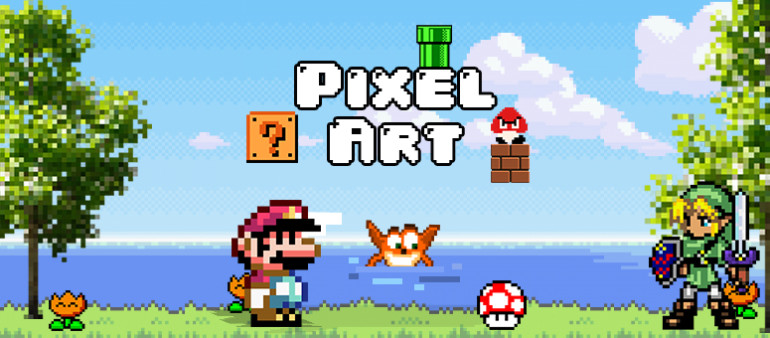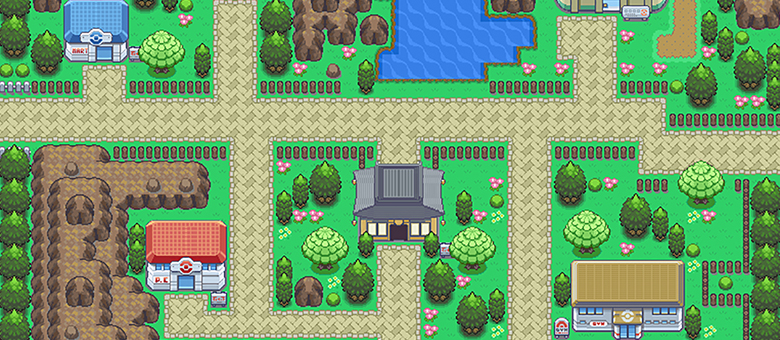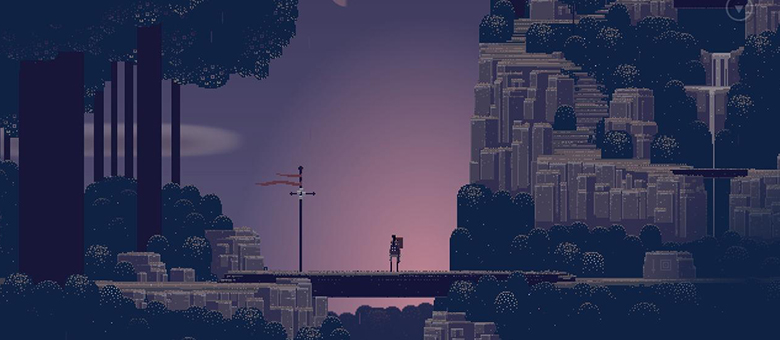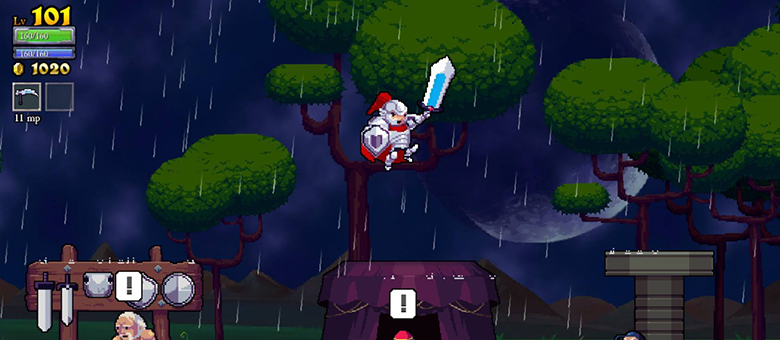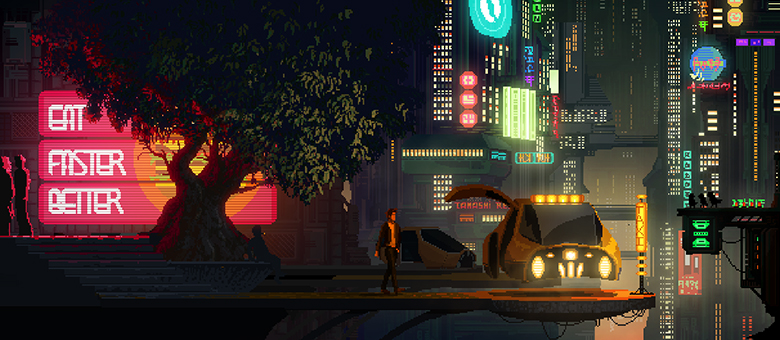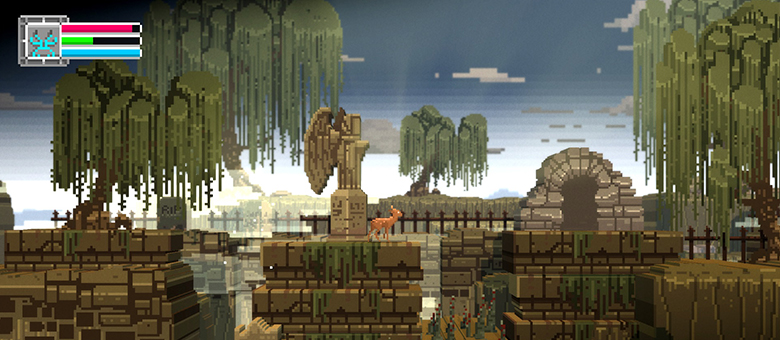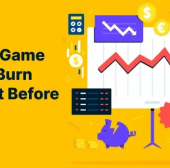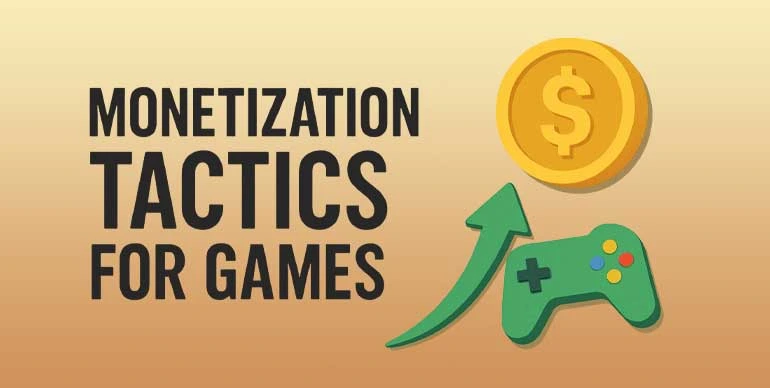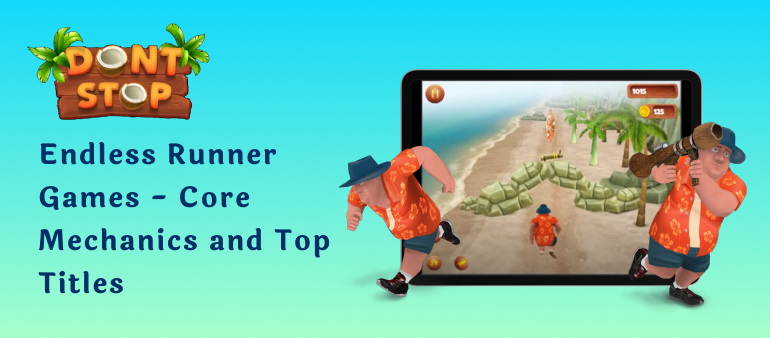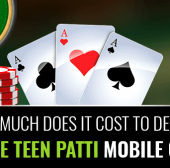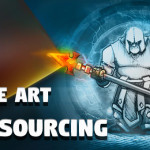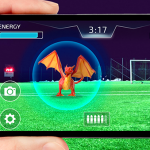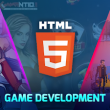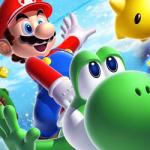Use of 8-bit graphics-style in modern games has gained a lot of momentum in recent years. One of the biggest reasons why gamers world over are embracing modern 8 bit games, like Super Mario Bros. and Shovel Knight, is that they evoke childhood nostalgia. A throwback to video games of bygone era is a reason that modern 8-bit games are also popularly called “Retro Games”.
Super Mario
 Image Source: www.tvovermind.com
Image Source: www.tvovermind.com
Shovel knight
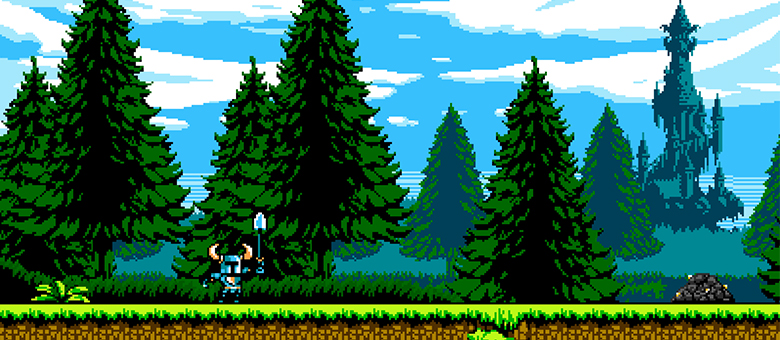 Image Source: yachtclubgames.com
Image Source: yachtclubgames.com
When talking about 8 bit games, mentioning “Pixel Art” becomes inevitable since the majority of graphics in the past were created using 8 bit Pixel Art. From Space Invaders to Super Mario, 8 bit pixel art was predominant in the games of yore.
Space Invaders
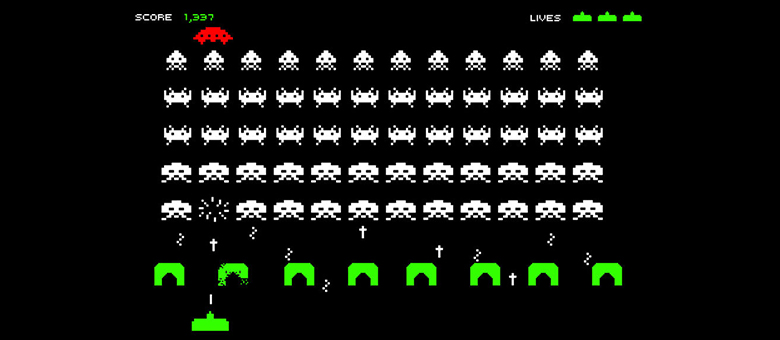 Image Source: www.similargamesto.com
Image Source: www.similargamesto.com
That 8 bit pixel art games are on the rise again, it’s worth taking a deep dive into what pixel art and 8-bit graphics style are, and what impact they are likely to have on the future of gaming industry.
Origin and Basics of Pixel-Art
The use of 8-bit graphics is called pixel art. Pixel art dates back to 1970s, but it largely became popular after game app developers began using it for game design and development in 1980s and 1990s.
The term Pixel, which stemmed from the words picture and element, is the smallest unit of a digital image that can be seen on a digital display device. Any digital image, video or text that we see on our computer screens, or on any digital display device for that matter, is formed by combining pixels. Super Mario, Pokemon and and Zelda are the reminiscent of that old pixel-art era.
Pokemon
Zelda
 Image Source: cdn.pastemagazine.com
Image Source: cdn.pastemagazine.com
The gaming industry has gone a long way since then, now offering us games with highly detailed 3D graphics capable of mimicking reality. But, lives of game makers were not easy when computers and console video games in 80s and 90s were still young and incapable of displaying the number of pixels required to create a clean and smooth image. As a result, pixel artists back then had to figure out ways to create a believable image from a limited number of pixels.
For instance, the 8-bit NES system had only 54 pixel colors. Besides, only 25 colors could be used on screen at once, including one background color, four sets of three tile colors and four sets of three sprite colors. Total screen resolution was of 256x240 pixels, whereas sprites were to be used at either 8x8 or 8x16 pixels. The below image can give you a better idea what’s been talked about.
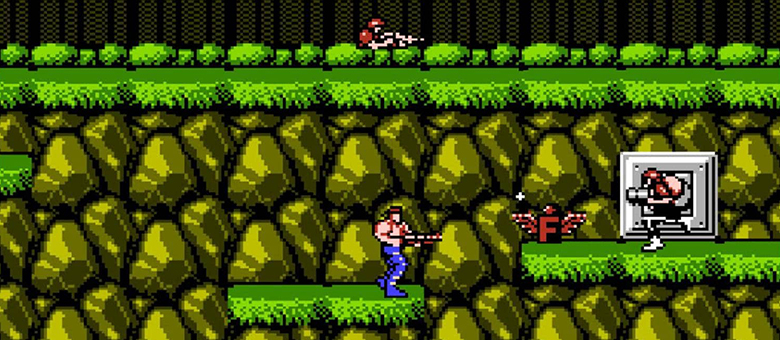 Image Source: http://jams.gamejolt.io
Image Source: http://jams.gamejolt.io
Although advent of RAM-heavy 3D graphics gradually started to make pixel art obsolete in professional gaming industry, pixel art in video games is witnessing a resurgence now, with a plethora of unique sub-styles. The way artists generate 8 bit pixel art has also sought significant improvements, filling our gaming world yet again with our beloved 8-bit games.
8-Bit Graphics Style Explained
8-bit graphics refers to the capability of every pixel to use 8 bits for storing the amount of colors that can be displayed. In a nutshell, 8-bit graphics refers to maximum 256 colors that can be displayed, whereas 16 bit means 65,536 colors and 34 bit means 16,777,215 colors. Among the big players of the 8-bit era, The Atari 2600 and the Nintendo Entertainment System (NES) top the charts.
However, when we talk about 8-bit now, we often think of slow computers, low-resolution graphics and simplistic sound due to hardware constraints of that time. Most computers of 70s and 80s had the maximum word size capability of 8 bits, meaning they were capable of storing and processing a maximum of 8 bits per data block. And this limitation was largely due to the microprocessor architecture technology of that time.
In the past, 8 bits for graphics not only limited the color palette, but the screen resolution to a maximum of 256 in each direction as well. However, in the current era of 32-bit and 64-bit processors, 8-bit graphics style is no longer restricted to 8-bit color palette or low resolution monitors.
The reason why many modern games are now made to look pixelated is that they intend to provide the look and feel of old games in which using 8 bits per pixel was necessary. Adding a retro flavor to game art by choosing a limited number of pixels in order to emphasise the individual squares has become a new trend in the gaming industry, which many game development companies are now following to bring advantages to their core areas of business.
The Future of Pixel Art and 8-Bit Graphic Style
No matter however advance computer design software becomes, there will always be place for pixel art and graphics style in 8 bit video games. There will always be gamers thirsty for retro games and arcade games.
Besides, a video game doesn’t look good because of its high resolution graphics alone. Using pixel art, game designers can reinforce the game's visual identity and add unified aesthetic to it.
Some of the biggest contributors in the revival of retro games are Terraria, Superbrothers: Sword & Sworcery, Super Mario Bros., and Shovel Knight.
Terraria
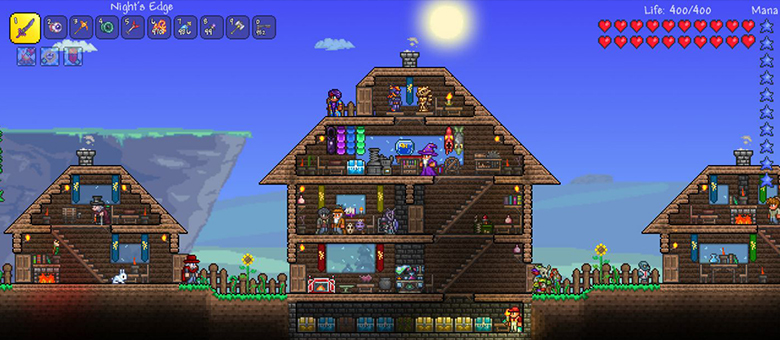 Image Source: cdn.gamer-network.net
Image Source: cdn.gamer-network.net
Superbrothers:Swords and Sworcery
Sega is also on the move to fill people with nostalgia by providing many of its most loved titles on mobile devices for free.
Glauber Kotaki, a professional pixel artist who has worked on indie titles such as Rogue Legacy, Deep Dungeons of Doom and Duelyst, says, “Pixel art brings a unique beauty to almost anything and can get you all nostalgic while doing so. It’s also literally a cheap and quick solution for most 2D games, from its conception to its execution, for things such as animation and polish.”
Rogue Legacy
Deep Dungeons of Doom
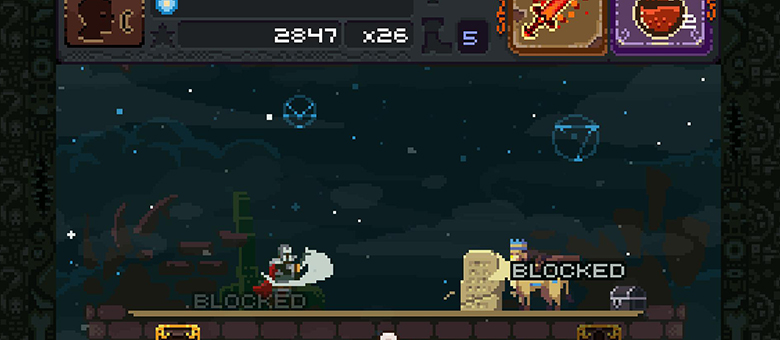 Image Source: /www.onlinekeystore.com
Image Source: /www.onlinekeystore.com
Duelyst
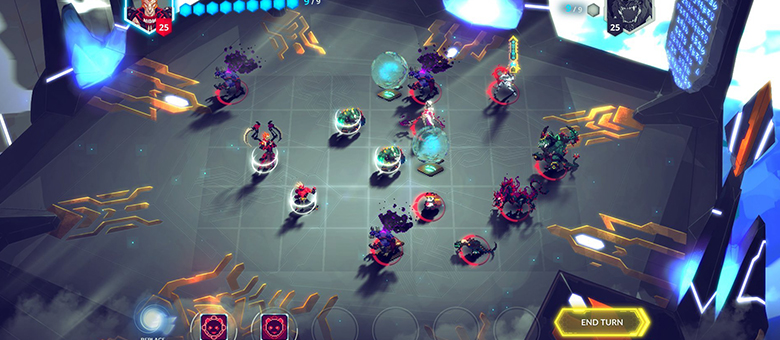 Image Source: cdn.escapistmagazine.com
Image Source: cdn.escapistmagazine.com
The nostalgia effect is so strong among gamers that Nintendo’s NES Classic Edition, a miniature version of its video game console from the 80s, recorded skyrocketing sales of 196,000 units only within a few days of its launch in November, 2016.
However, it’s not only nostalgia that all pixel games including rpg games bank on, but a good gameplay, game design, and interaction with the environment also play a big role in bringing pixel games to the fore again. If you have played the first mario Bros. game, you can clearly see the awe-inspiring improvements that have been made in the pixel game art in the third Mario Bros. game.
A strong push in pixel art has also lured game makers into building 3D video games using pixel art. A good example to support the aforementioned statement is The Last Night, an adventure game inspired by Flashback and Blade Runner, bringing players a nice blend of traditional pixel game art and 3D composition.
The Last Night
Another good example is The Deer God, a 3D pixel art adventure game that challenges a gamer’s religion and platforming skills. Many gamers like it as they enjoy running around the beautiful serene landscapes as a majestic deer.
The Deer God
Pixel game art makes it easier to optimize graphics for handheld devices and make consistent animation. Pixel art also allows game designers to work on numerous styles. Similar to Street Fighter or Super Mario World, a pixel artist can devise a unique style of their own as well. Without a shred of doubt, pixel artists and 8-bit game concept designers have endless opportunities to produce sharp and crisp art on screen for video games of the future and keep gamers enthralled.
As usual, your views are vital for us, please share them in the comment box below OR write to us at enquiry@logicsimplified.com.
 Get a Quote
Get a Quote

